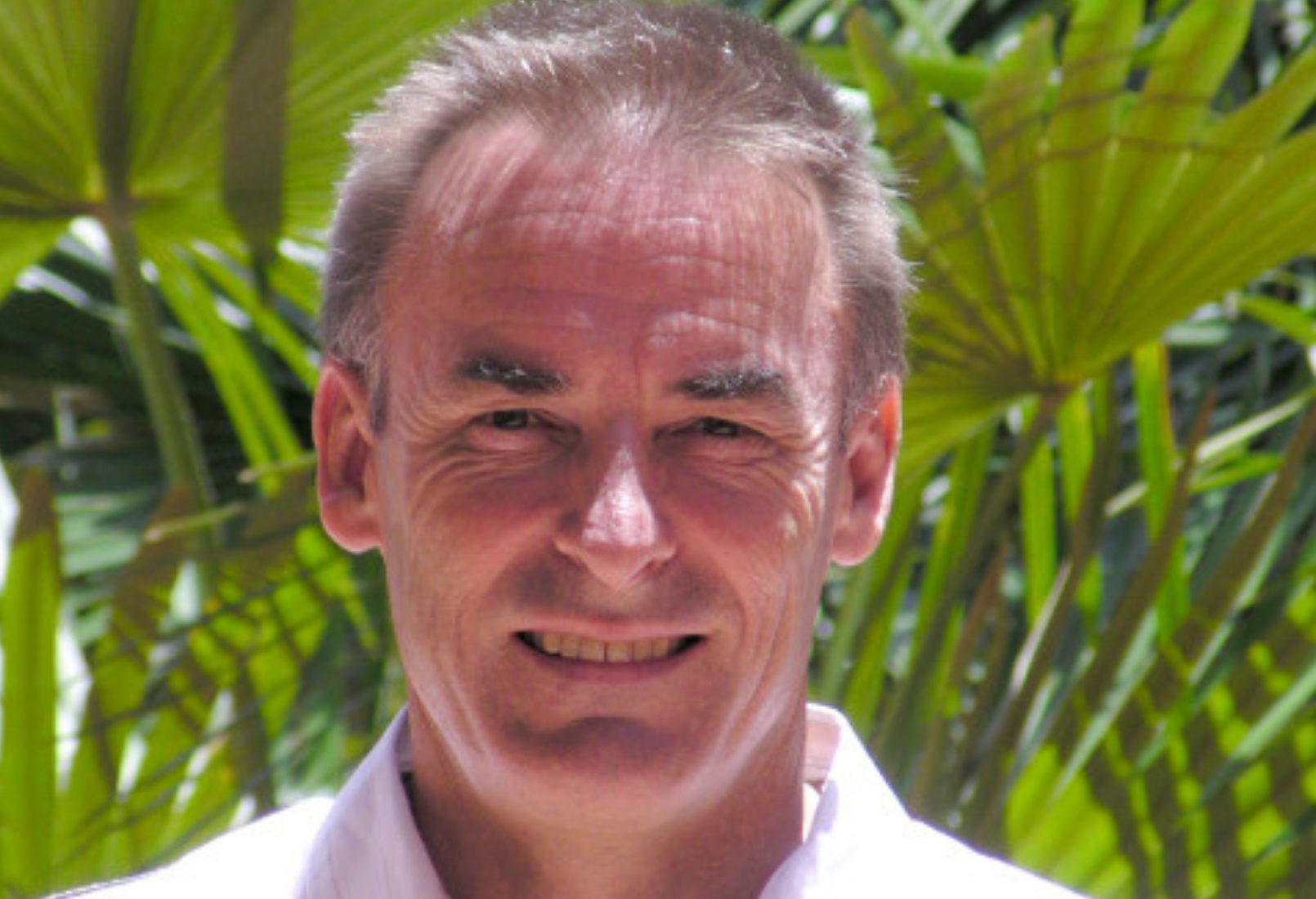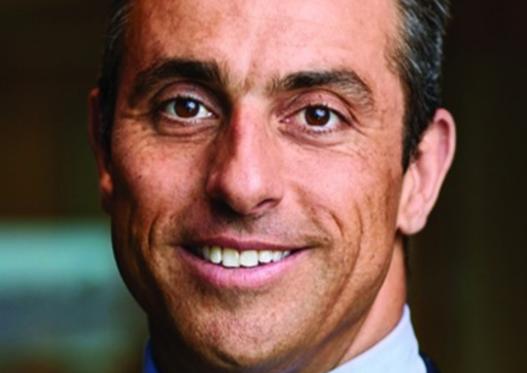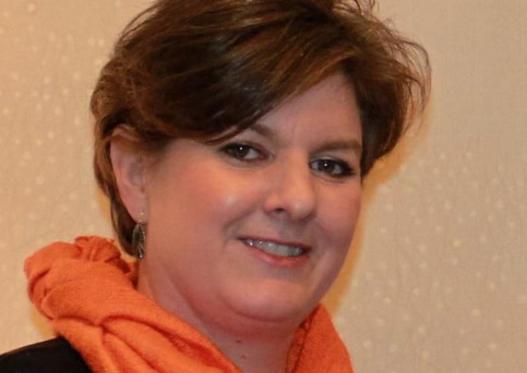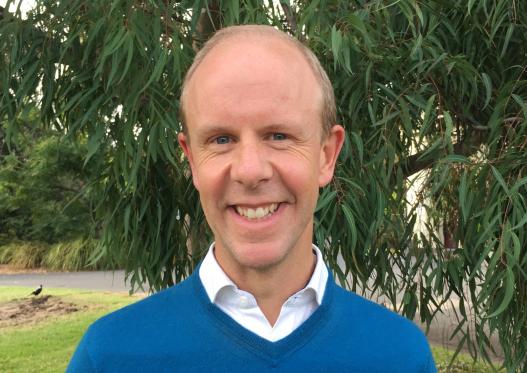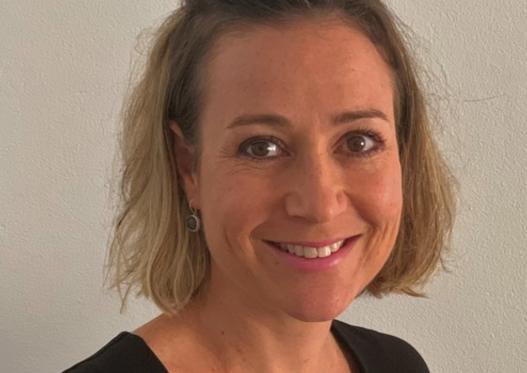A new committee that will help bring Australian oversight to its education portfolio has been established by FINSIA.
The Education Advisory Committee is seen as a key initiative in having a much greater say in the direction of all of FINSIA’s professional qualifications.
Head of Education Kylie Blundell SA FIN said: “We have always had specific local development on our portfolio of professional qualifications.
“But this new committee will bring more local oversight for FINSIA.
“It is more appropriate to have that oversight and input for membership and the wider banking and financial services community.
“Having this committee ensures what we do is of the top quality and pertinent to Australasia.
“It’s also part of the process of full accreditation from the Chartered banker Institute.
“It’s all about ensuring the quality of the education programs we have launched across financial services - from Professional Banking Fundamentals to Certified Professional Banker and Chartered Banker, as well as those short courses we run.”
Members of this committee that will be chaired by Professor Duncan Honore-Morris SF FIN bring a enormous range of experience spanning education and industry sectors.
Expanding on the remit of the committee, Professor Honore-Morris said: “To give validity and credibility to any educational program it has to have external review. It has to be relevant and contemporary to where it is being used.
“Having our own educational advisory board will make it contemporary for Australian needs, and this industry.
“Obviously there will be similarities, but there will always see some unique differences between Australia and the UK.”
There was also an element of reputational brand risk in not having the external review, he added.
“If we put a brand out here that people don't see it as being relevant that’s a risk for our organisation.
“By making it relevant and contemporary for Australian needs, we certainly improve that reputational brand need.
“It gets more buy-in by our local bankers to meet a higher threshold of professional ethical banking - that then builds onto the reputation, which we need to improve upon.”
While highlighting the fact that a tick box approach to professionalism would not work, he did say that there had to be a professional qualification.
“If we're going to lift this profession and the reputation of bankers in the community, we have to have an appropriate professional qualification,” he said.
“The word Chartered starts to do that. Then as long as we maintain a high professional ethical behavioural standard beside the qualification, I think that's where we gain a lot of traction.
“Some people do qualifications and gain credentials just because it's seen to be done.
“If we have an appropriate level of examination, we then stop those people that just want to pay lip service.
“We actually want people that really understand this and are prepared to make a stand to say: ‘This is the professional ethical standard we require in the banking and financial services industry’.
Standards and Compliance Specialist Melinda Moore was elected Deputy Chair at the committee’s inaugural meeting.
Others on the committee are Massey University Professor of Banking David Tripe SF FIN, University of Sydney Deputy Head of Discipline (Education) Eliza Wu and Finance Professor Mark Brimble.
More members may be added to the committee as: “Broadening the membership of this committee is an ongoing activity for FINSIA.
“We have, and will continue, to ensure there is diversity in sectors, experience and location of committee members.”



